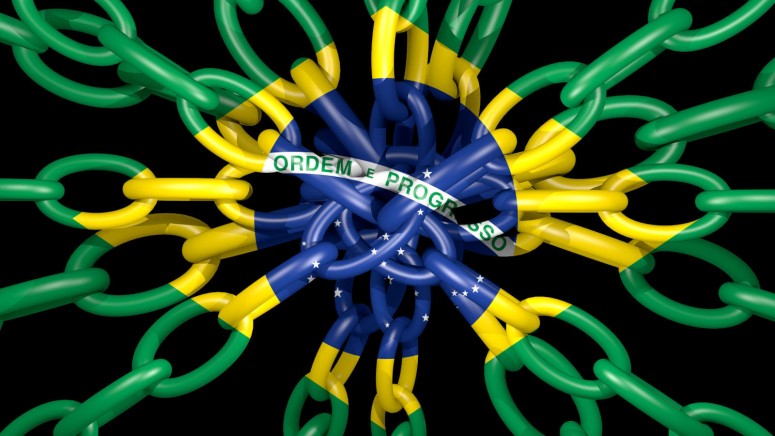
Brazilian Pirates Are Called to Pay a $575 Settlement to Filmmakers
- Copyright holders are sending extrajudicial settlement agreements to Brazilian pirates.
- The infringers are called to pay 3,000 Brazilian Real for downloading old movie torrents.
- As most internet connections in Brazil are shared among many people, finding the culprit is hard.
A campaign to discourage pirates has been launched in Brazil, with the makers of the films “Hellboy,” “Angel Has Fallen,” and “Rambo: Last Blood” leading the effort. In what TorrentFreak characterizes as a “copyright trolling action,” the filmmakers are proposing settlement offers of 3,000 Brazilian Real ($575) to 70,000 pirates they’ve identified.
According to the court documents, local internet service provider “Claro” was obliged to share the identification details with the moviemakers who contracted “GuardaLey” to collect copyright infringing IP addresses. The information hand-over order was given by a Rio de Janeiro court in 2019.
The Brazilian Pirate Party has received the reports of concerned letter recipients, seeing the move as part of the “copyright mafia’s threat tactics.” They consider the evidence presented fragile and see it as a demonstration of the total lack of technical knowledge from the firms’ side. The party’s announcement suggests that the letter recipients should throw the settlement proposal in the bin and certainly not pay the 3,000 Real.
The problem with this controversial tactic is that many of the letter recipients cannot pay the settlement amount, as they are on the verge of poverty. WiFi internet connections in Brazil are typically shared by a large number of people, so who the infringer is would be extremely dubious and hard to prove in court. The filmmakers hold the name linked with the internet line, but very often, the owner has nothing to do with the person who actually downloaded the movies.
Thus, even if the copyright holders want to send a message - and not make money, as they claim - doing it through the usual way of sending settlement proposals isn’t achieving the goal due to the special conditions that apply in Brazil
Of course, accepting or rejecting the link between the IP address and the infringer or deciding whether to hold the line owner liable is up to the court, and we’re not at this phase yet. It’s not even certain that we’ll ever get there, but that is the threat used now as an intimidating factor.







